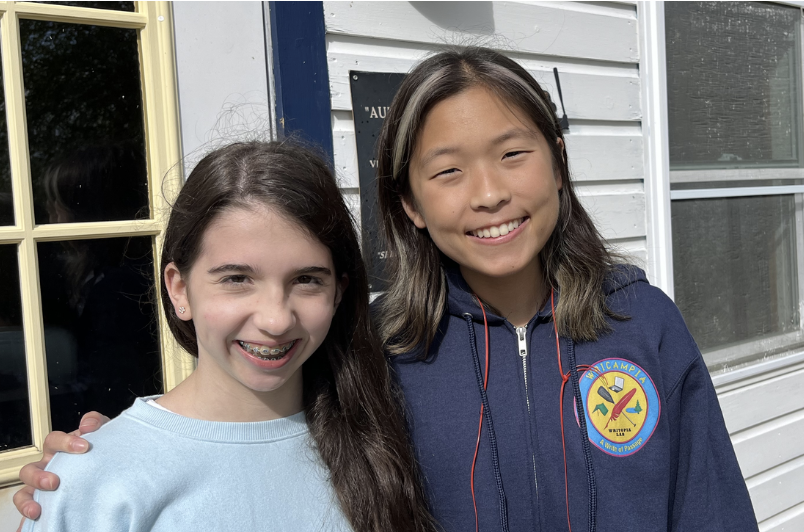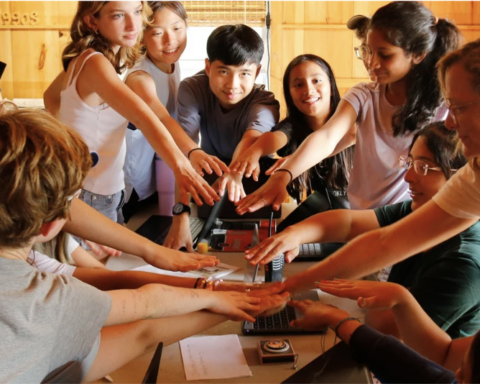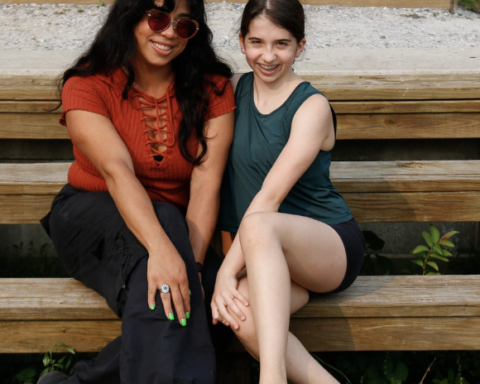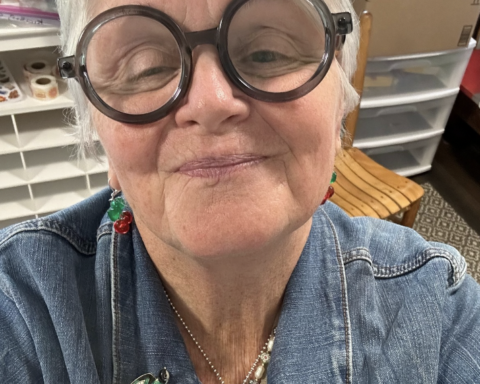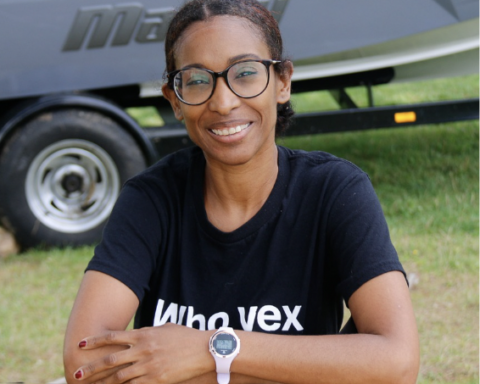By Nell Choi, age 16
Just two years ago, I didn’t think I could go to sleepaway camp with a chronic health condition.
In the days leading up to camp, many of us were feeling excited about seeing our friends again and maybe a bit nervous about living in a cabin with totally new people. But for campers with medical conditions and/or invisible disabilities, thoughts such as, “Will I have enough energy to get through the day?” or “How will my body adjust to the new environment?” can bring about different kinds of worry.
I asked a few campers about some of their concerns living at camp with their health conditions.
Quinn M., 16, explained how their long COVID diagnosis causes them to experience chronic fatigue, brain fog, heat exhaustion, and presyncope (the symptoms that come before fainting). Long COVID occurs after contracting the SARS-CoV-2 strain of the virus, and it can present with a range of lingering or new symptoms; the worst part is that no one knows for how long. A few days before camp, Quinn was feeling weak and fatigued, and they and their parents were questioning whether they’d have enough energy to manage the intense, activity-packed days at camp. But, in the end, they decided they could, given that they were able to manage their health during the two weeks of camp last year.
Molly K., 13, manages a different disability: hearing loss. Before camp, she was worried if the bunks would have outlets where she could charge her cochlear implant.
Another camper, Sofia K., 13, who has severe allergies to eggs, dairy, and nuts, worried about what food options would be available. But thankfully, in contrast to her last camp that only served one food item for those with allergies, Camp Danbee provided substantial options for campers like Sofia. But it can be frustrating and disappointing to see friends enjoying cookies and other tasty foods when she can’t have them. And even though Sofia has safely eaten popsicles throughout her life, if they are packaged in a clear wrapper without any note of potential ingredient contamination, like they are at camp, she can’t eat them.
When I asked campers with mobility challenges how WriCampia has supported them, both Quinn and Kira, 16, mentioned that the golf carts assist them when moving across campus.
And yet, camp is still inaccessible in several aspects: the large hills; the stairs in front of buildings and cabins, preventing the entry of wheelchair users (although WriCampia has worked with ADA-compliant camps to accommodate campers in wheelchairs); the absence of braille signs and the hazardous walkways posing challenges to blind and low vision campers, which may deter them from attending in the first place; and not having an interpreter can make it difficult for deaf/hard of hearing writers to feel included in loud and fast-paced conversations (although this has never been requested).
After interviewing several campers, I sent out a google form to understand how many other campers with disabilities and medical conditions attend WriCampia. After receiving more than ten responses, I was motivated to start a night-elective club for campers with disabilities, dietary needs, and chronic health conditions (DDC). At our first meeting on Sunday, Molly and I– the small-but-mighty two attendees–and Instructor Javeria Hasnain sat on the theater porch, talking and laughing about things that we love. The topic of our health came up naturally, like when we talked about packing for camp, and there was no pressure to explain ourselves.
By the time the walkie-talkie announced the end of the period, Molly said she was looking forward to coming back.
